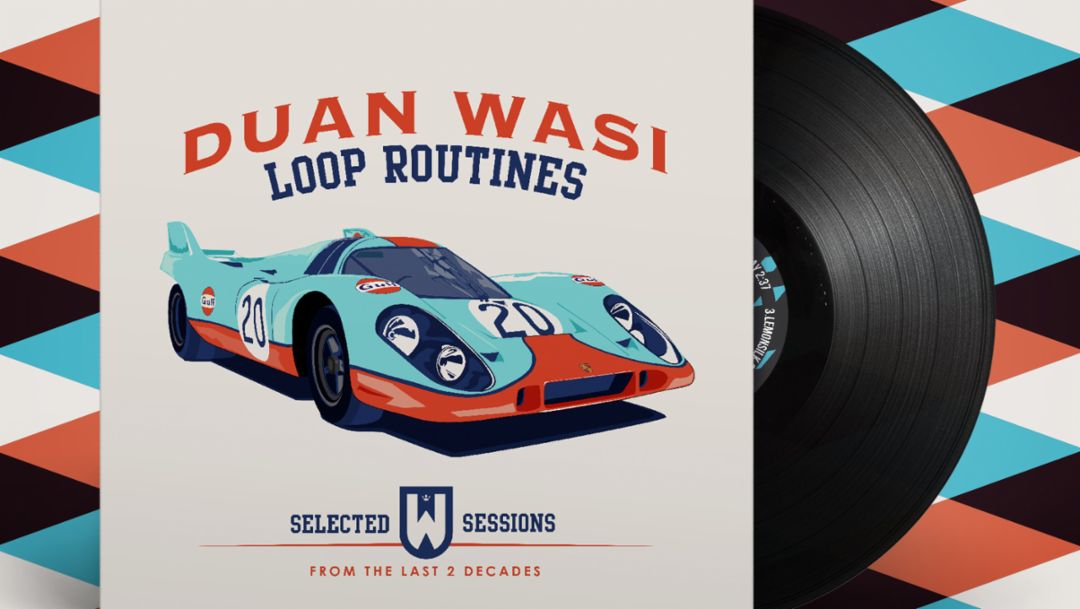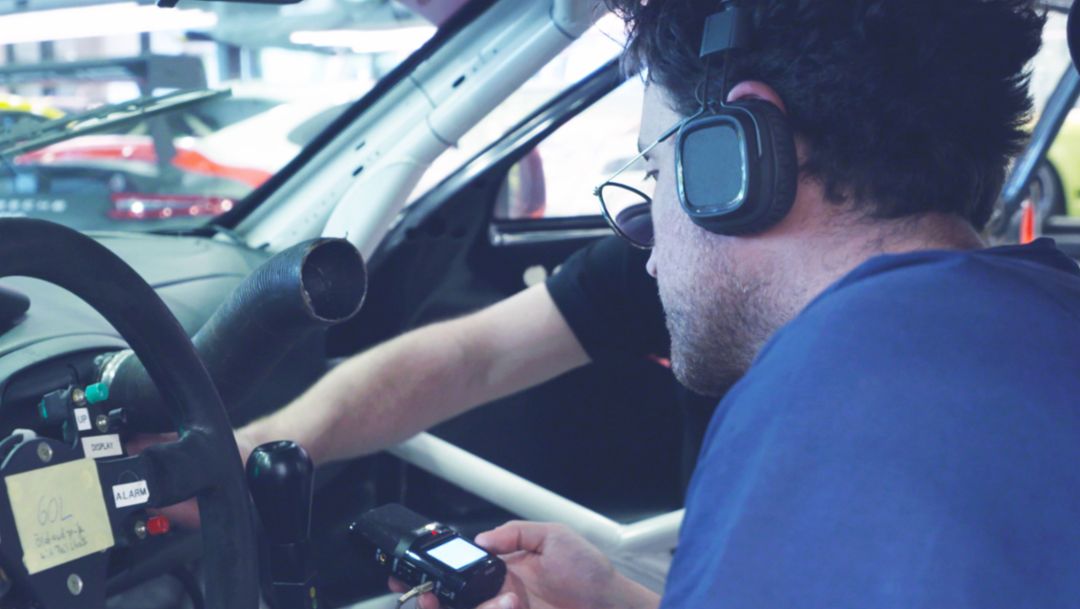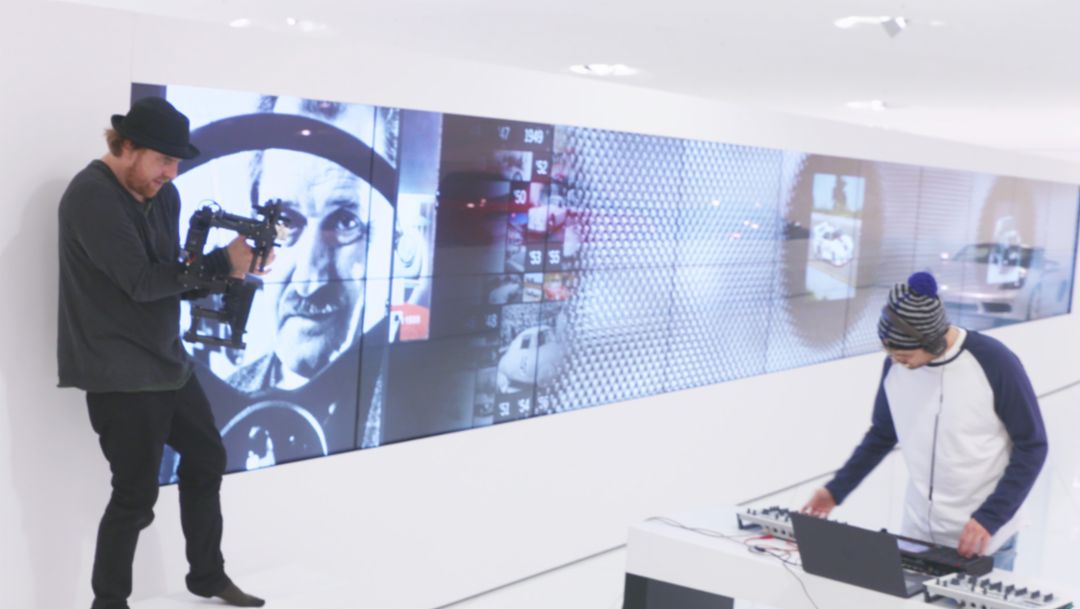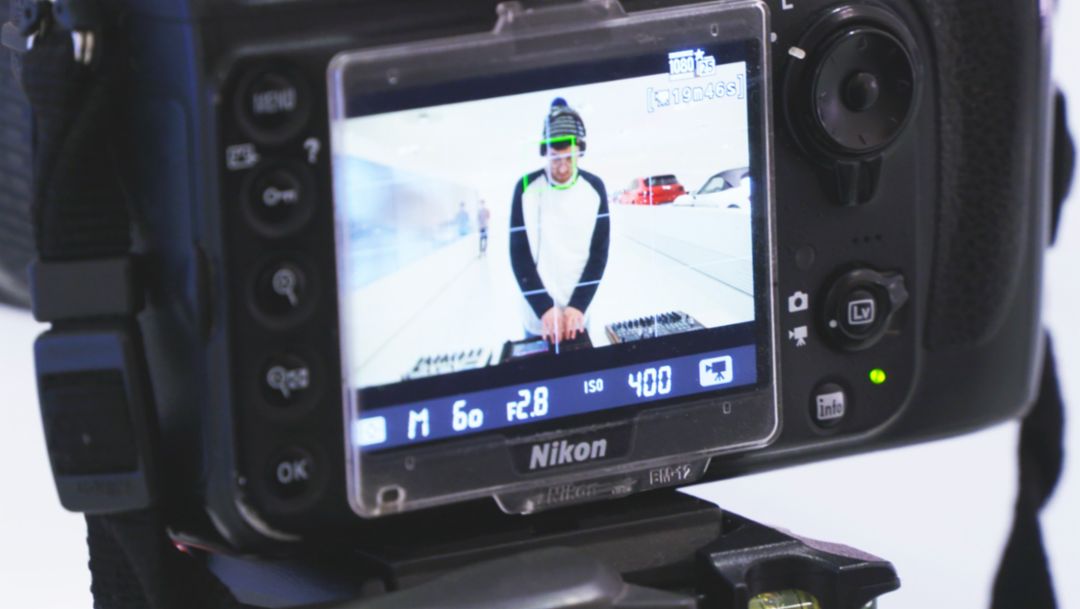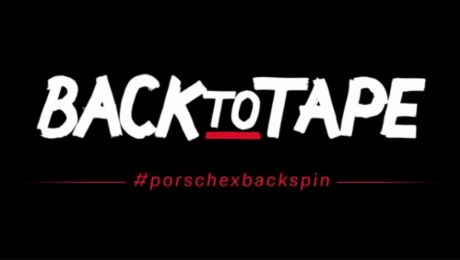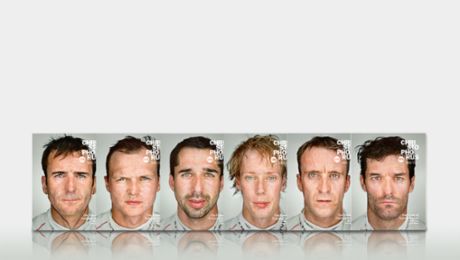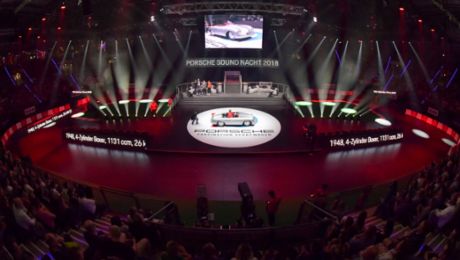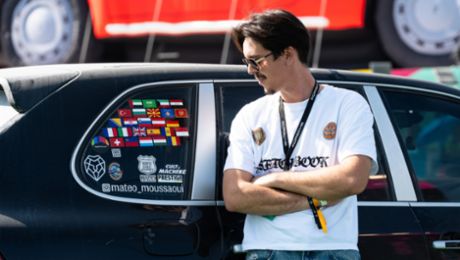Designers have a name for the iconic sloping roofline used by Porsche: the fly line – This is a crucial part of the 911’s universally recognisable shape. But apart from the obvious visual characteristics, Porsche DNA is made up of much more too: sound, workmanship, aroma, and surface feel. It’s a long list.
Hip-hop producer Duan Wasi, born and raised in Stuttgart, has now reinterpreted this complex DNA as music in a new work called “Loop Routines”, which will be released tomorrow, 12 December, in a limited edition of 500 vinyl records. Listeners can expect urban music crafted from samples that have been enriched with authentic Porsche sounds. “Le Mans” is the title of the piece on which Duan Wasi collaborated with video artist Mikis Fontagnier.
Reworked in acoustic form
Duan Wasi transfers the form and structure of the distinctive Porsche design and his associations with it into several scenarios: urban, historic, and technical are just a few adjectives he throws out to open up scope for listener interpretation.
It represents a change of perspective for the artist, who wouldn’t describe himself as a car enthusiast. “I’m looking at the essence of the technical object, history, and iconic design, which speaks to me as such,” he explains.
His approach could be described as scientific: Duan Wasi visited the Porsche Museum workshop as part of the production, and across several recording sessions there, he laid the groundwork and captured the various sound elements of the Le Mans 911 GT3 RSR (type 996) vehicle.
“Initially I was looking for auditory equivalents for concepts such as pressure, shape, dynamism, tempo, or rotation,” Duan Wasi commented. Using various audio signal processing design methods, such as multiband filters and granular synthesis, the sounds were refined and put together to create sample collages.
The concept is rooted in the genre of soul and psychedelic blues. “While the percussive elements are clearly mapped in order to distinctly express speed and tempo, other motifs are only insinuated. Listeners perceive them as snapshots,” says Duan Wasi, describing the sound. “They come to life from being reduced to the essential elements of their musical composition, and should convey a feeling similar to Steve McQueen’s Le Mans film. I would describe the effect as hypnotic whilst also being exciting.”
High quality music clip
To complete the concept, the musical piece is associated with a sophisticated video sequence. International photographer and filmmaker Mathias David accompanied the artist and documented on camera how the session was created. The Porsche Museum is the main action location, and the building’s futuristic architecture is part of the visual concept.
Some clip sequences use original recordings of the Le Mans race from the historic Porsche image archive, which were arranged in post-production by renowned video artist Mikis Fontagnier. The result is a music video that achieves a high artistic standard, combining concepts from advertising, hip-hop, the classic music video, and the visual arts.
About Duan Wasi
Artist Duan Wasi was born in Stuttgart and grew up in the Feuerbach district. He is widely recognised to have created some of the milestones in German-language hip-hop, with his work. This includes the album “Kopfnicker” by the group Massive Töne, on which he played a significant role as producer as well as group co-founder.
Duan Wasi is today considered one of the pioneers of hip-hop sampling culture, which he helped shape as a stylistic device in compositional practice and cultural technique in Germany. Original notes of his earlier works have been included in the cultural history collection of the city of Stuttgart since 2017. They are exhibited in the Stadtgespräche (City conversations) permanent exhibition in the City Museum of Stuttgart.
Wasilios Ntuanoglu has been teaching on the popular music masters course titled “Digital Quantisation and Sampling Concepts in the Context of Contemporary Hip-Hop Music” at Popakademie Baden-Wuerttemberg since 2012.
